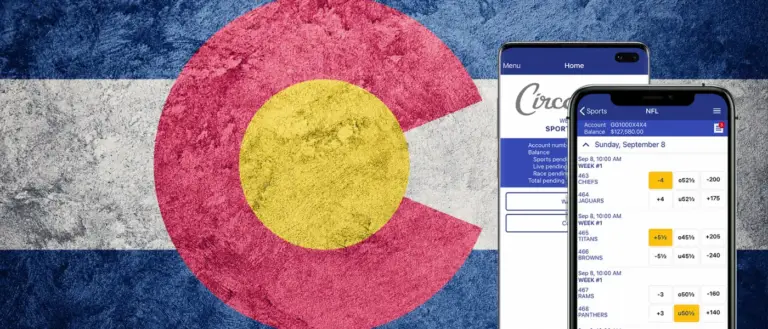American Gaming Association: Legalize Sports Betting

America’s largest casino and gambling trade association is all-in on sports betting. The American Gaming Association, which represents the $240 billion US casino industry, has upped its lobbying game this year in full support of legalizing the expansion of sports betting in the United States.
The single largest obstacle to legalization is a piece of federal legislation called the Professional and Amateur Sports Protection Act (or “PASPA” for short). PASPA was enacted in 1992 and outlaws any expansion of sports betting across the nation except for four states which already had certain forms of legal sports betting at the time the law was passed. Oregon, Delaware and Montana received exemptions for their sports lottery games, but only Nevada made it through with actual, full-fledged sports betting as we know it today.
Thanks to PASPA, state legislatures have no authority to legalize sports betting within state lines even if the political will is there. Just ask New Jersey. Under Governor Chris Christie, New Jersey attempted to exploit a perceived loophole in PASPA to bring sports betting to the Garden State.
Their strategy was to pass a law that basically said “we’re not going to regulate or sponsor sports betting in New Jersey, which would be illegal under PASPA, but we also won’t prosecute local casinos or race tracks if they want to offer sports betting.” That effort went through several rounds of litigation and ultimately failed.
Why the AGA Favors Legalization
The American Gaming Association is making the argument for legalized sports betting on several fronts. For one, they note the estimated $150 billion illegal sports betting industry that already exists in the United States.
One article published on the AGA website notes that “leading voices in law enforcement” believe legalization would be the most prudent course of action to combat illegal sports betting, which funds criminal enterprises and threatens the integrity of sports. Currently, sports betting is almost completely unregulated with no industry oversight outside of Nevada.
Under a regulated betting regime, law enforcement could work with regulators to oversee sports betting, look for suspicious betting patterns and ensure that only qualified organizations are licensed to offer real money sports bets.
The AGA also notes that sports betting would benefit the leagues themselves. One study commissioned by the AGA through Nielsen spoke to 1500 US adults. Of those, 500 were pre-qualified sports gamblers. The study found that people who had placed a bet on the NFL watched 19 more games per season than those who hadn’t placed a bet. Furthermore, the study found that people who bet on the NFL compris 25% of the NFL viewing audience but account for nearly 50% of all NFL viewing.
The conclusion: legalized sports betting would increase sports viewership.
Additionally, the AGA believes legalization would boost the struggling casino industry as a whole. Younger people do not visit casinos to play traditional games at the same rate as the aging baby boomer population. Something will have to change eventually if casinos are to remain relevant – and as the AGA proudly notes – the industry supports some 1.7 million jobs in the US.
Would Legalization Extend to Online Sports Betting?
Probably not – at least in the short term. The American Gaming Association appears to be focusing its efforts on the brick and mortar industry which it represents. Online gambling has been a tricky issue in the United States for a very long time and progress on that front is slow. Only a handful of states have legalized either online poker or casino games to date.
Of the major forms of gambling, sports betting is the most contentious in the United States. Merely legalizing sports betting at casinos outside Nevada will require a herculean effort all on its own. On top of that, the land-based gambling industry in the US is still divided on the issue of online gaming. Sheldon Adelson of the Las Vegas Sands Corporation, for example, has dedicated significant sums of money to fighting online gambling.
Even so, legalization of sports betting in the real world would likely prove beneficial to online gambling over the long run. As lawmakers across the country get comfortable with the idea of online casino games and poker, sports betting will start to feel less like a scandalous idea and more like the natural order of progression. In any case, the PASPA repeal remains the key first step for sports betting anywhere.







